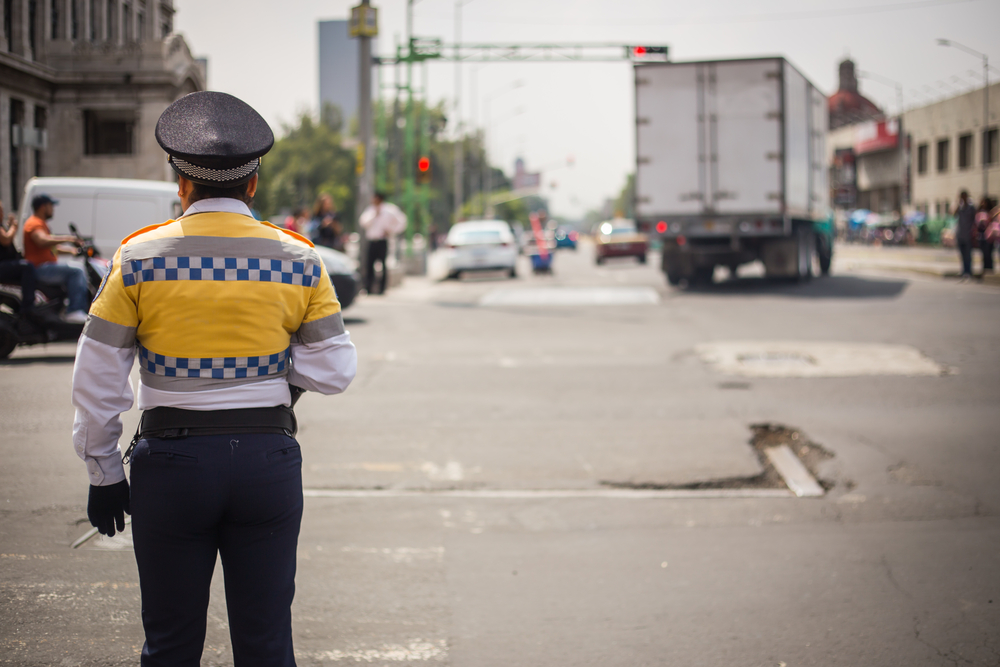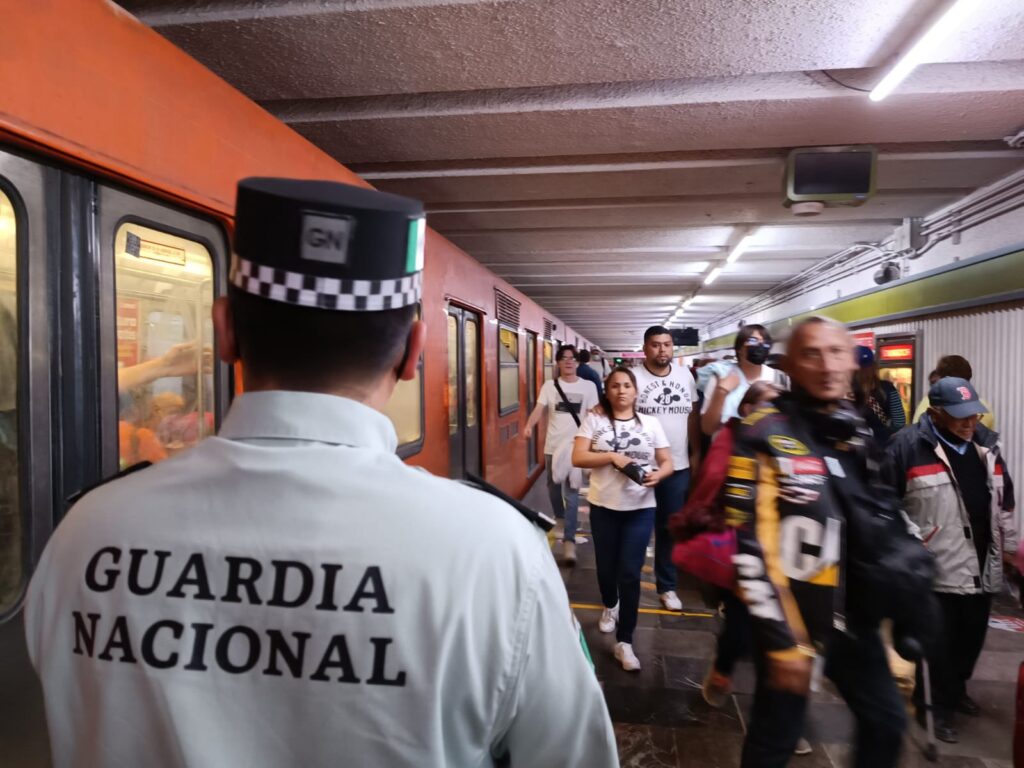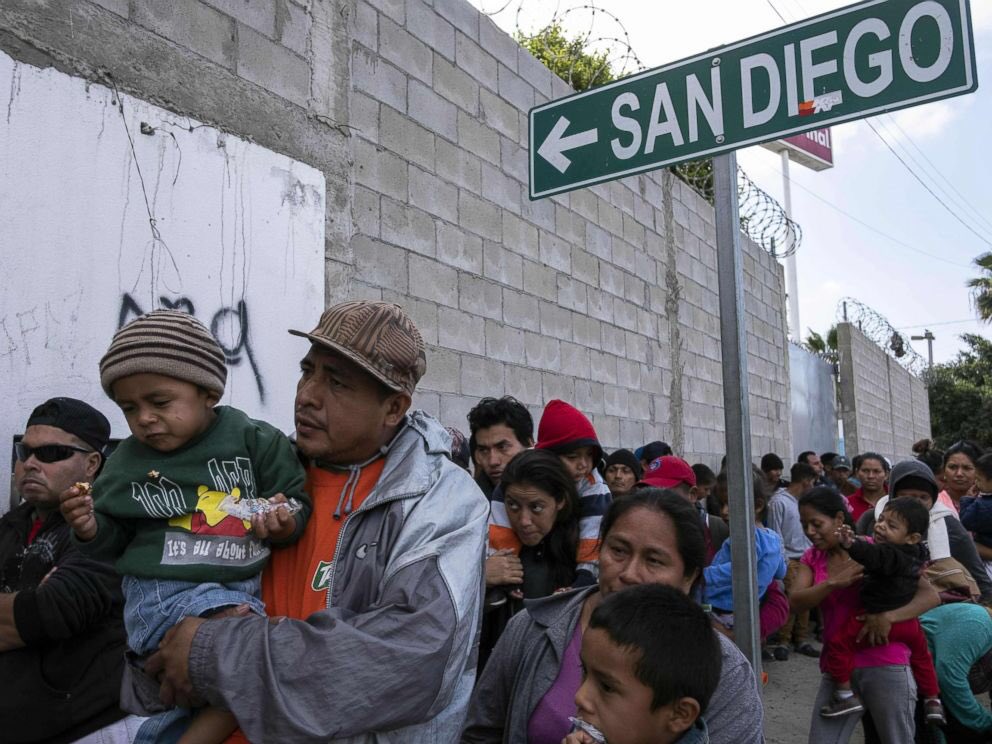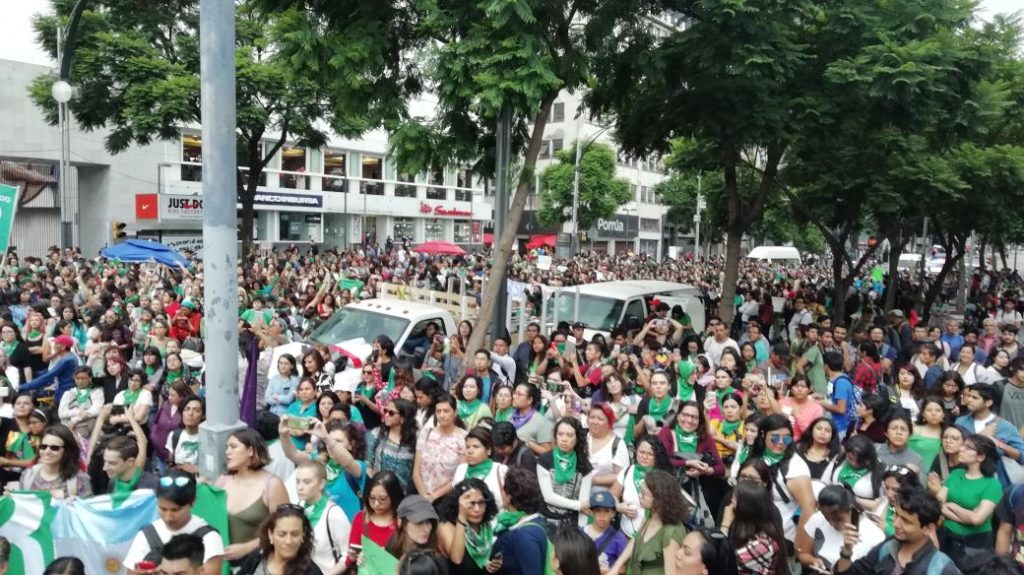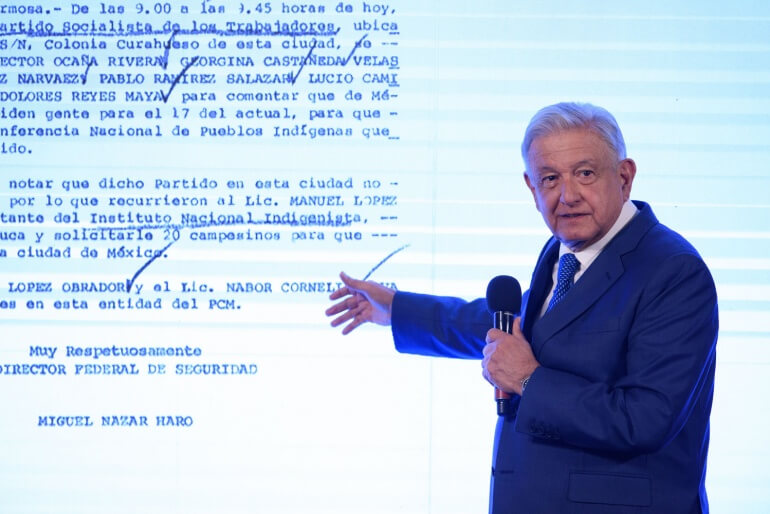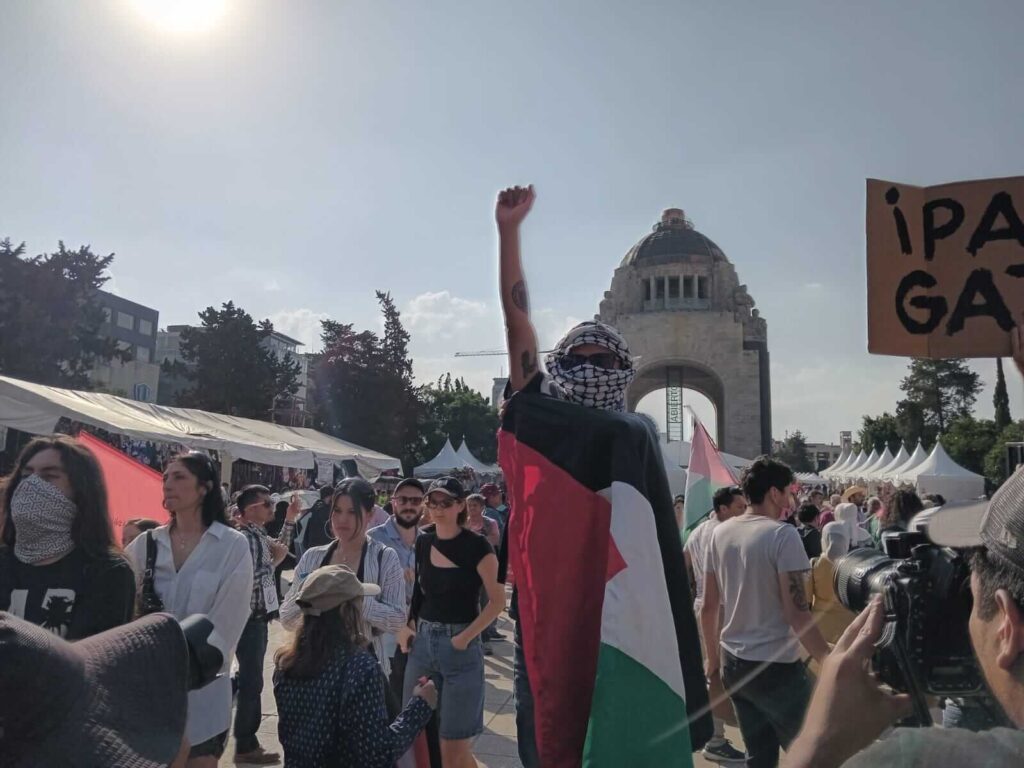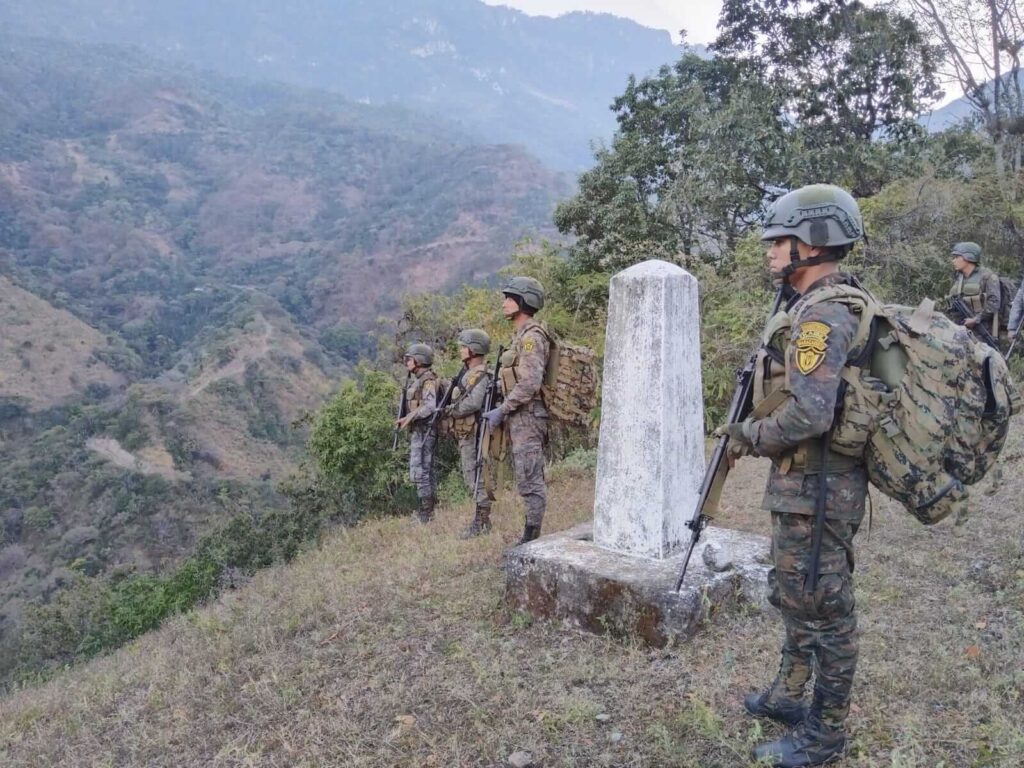Residents, tourists, taxi drivers, or just in town for a business meeting: Google Maps or Waze might tell you what the fastest route is, but is it also the safest? And if you fall victim to street violence, can you connect to the police in one click? We speak with Base Operations, a social startup that lets you navigate through a ‘security heat map’ of Mexico City about the potentials and challenges of improving street safety in the digital age.
Three out of the five most dangerous cities of the world are located in Mexico. Poverty, gang violence and corruption have led to serious threats to the well-being of those passing through the streets of Mexican cities. While the probability to become victim to serious assaults or even homicides is relatively low, it still creates a toxic atmosphere of insecurity and anxiety among its residents and visitors who try to stay safe. “40% of the population is paralyzed by insecurity”, commented recently Alfonso Romo, likely candidate for future Chief Of Office of the newly elected government.

Cory Siskind, Base Operations co-founder
Cory Siskind spent several years navigating her ways through Mexico City, a typical Latin American urban ensemble of ever-changing ‘safe’ and ‘unsafe’, of streets to cross and those to avoid. However, she became increasingly frustrated with the simple lack of information: Security advice seemed limited to expensive on-demand services for private companies and ignoring the opportunities of data harnessing in the digital age.
In response, Cory Siskind and her business partner Nick Gomez founded Base Operations: By sifting through different sources including police reports and crowdsourced data, the app is creating ‘crime heat maps’ that are used to suggest safe navigation alongside security analysis and advice. And while the app is just in beta phase, the team already managed to assemble some big names behind them: The startup is backed by several MIT bodies such as the Legatum Center for Development and Entrepreneurship, has recently been part of Techstars’ new social accelerator program, and is currently piloting its product with global consulting firm Bain & Company.
Digital technologies are hailed to provide solutions for social issues from education to healthcare, yet personal security is a field that has traditionally been much more tech-resistant. Public authorities, army and police might be heavily investing in technologies related to big data, AI or IoT – but for the average citizen, tourist or taxi driver, security information is still overwhelmingly limited to word-of-mouth.
Entrepreneurs like Siskind and Gomez want to see a change. “So much brain power goes into solving problems like, getting people the exact Amazon product that they need. But why can’t we can use those same technologies and advancements to solve larger social problems – like chronic violence and insecurity?”, they ask in our interview.
So much brain power go into solving problems like, getting people the exact Amazon product that they need. But why can’t we can use those same technologies and advancements to solve larger social problems – like chronic violence and insecurity?
In Mexico, other apps such as Vive Segura or No Estoy Sola are springing up in an attempt to improve the personal security of women in public spaces.Two-thirds of women in Mexico have been victims of gender-based violence ranging up to femicide, and many fall victim to harrassment and violence outside of their home, such as public transport.
Vive Segura is an app backed by the Mexican Government that allows victims to report incidents of sexual violence online, to be followed up by the judicial system as well to generate a better picture of affected city areas. No Estoy Sola, created by the City of Juárez, has a ‘panic button’ that immediately sends an alert with the victim’s location to the police and pre-selected contacts – and has been downloaded by more than 10,000 residents so far.
While apps like these are being launched all over Latin America, digital solutions to improve personal security is still a relatively immature sector that is just emerging. What has held the industry back for so long, and what can be learned from the initiatives to date?
1. The Data Challenge
Many applications are trying to crowdsource their data, but getting to a significant scale of user traction can prove extremely difficult. For example, No Estoy Sola has a mere 5,000+ downloads in Android store, considering a population of more than 4 million women in Mexico City alone. Applications that rely on several data sources might have it easier. For example, Base Operations is not only crowd-sourcing, but also harnessing data from public authorities, partner companies as well as data-mining social media.
2. Trust is central
In a setting where misinformation can have serious consequences, users need to trust that security alerts are always up to date. Similarly, requesting users to disclose sensitive personal information, such as reporting online incidents of sexual violence, requires a stable amount of trust that privacy rights will be respected, as well as steps for follow up by authorities taken. The sluggish usage of Mexico’s online reporting tool Vive segura may be linked to the well-known problem of judicial impunity when it comes to gender violence.
3. Find the truth in between the noise
“We need to find the truth in between all the noise”, summarizes Cody Siskind the startup’s core mission. Reports on security incidents are often conflicting and highly biased. Good security advice does not mean to paralyze users by swamping them witha large quantity of data. It also means also to verify and filter out the important information, provide a sensible analysis and make the information actionable: For example, by suggesting different routes to take through the city, or directing users to report a crime to the local police with one click.
Personal security is a field that has been slow to catch up with digital technology. However, new applications are giving hope to make the troubled streets of Mexico safer. “Violence is a complex problem, and we can’t solve everything. But we want to tackle one part, which is access to information and transparency”, say Siskind and Gomez. With staggering crime rates in Mexico, anybody navigating its public spaces should be hoping that more entrepreneurs will follow their mission.


